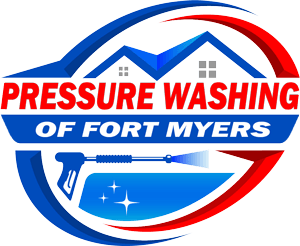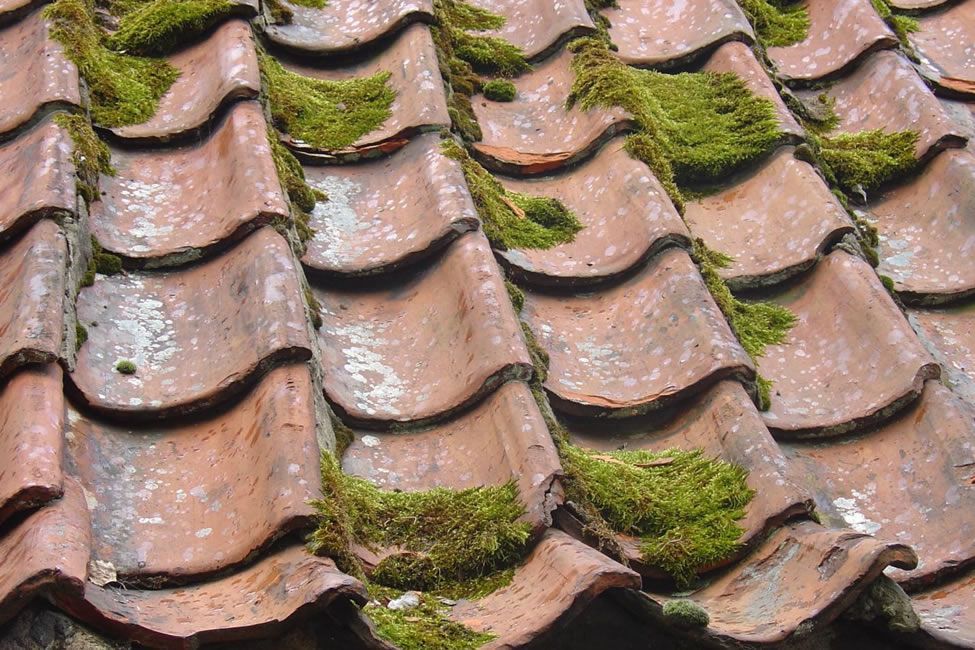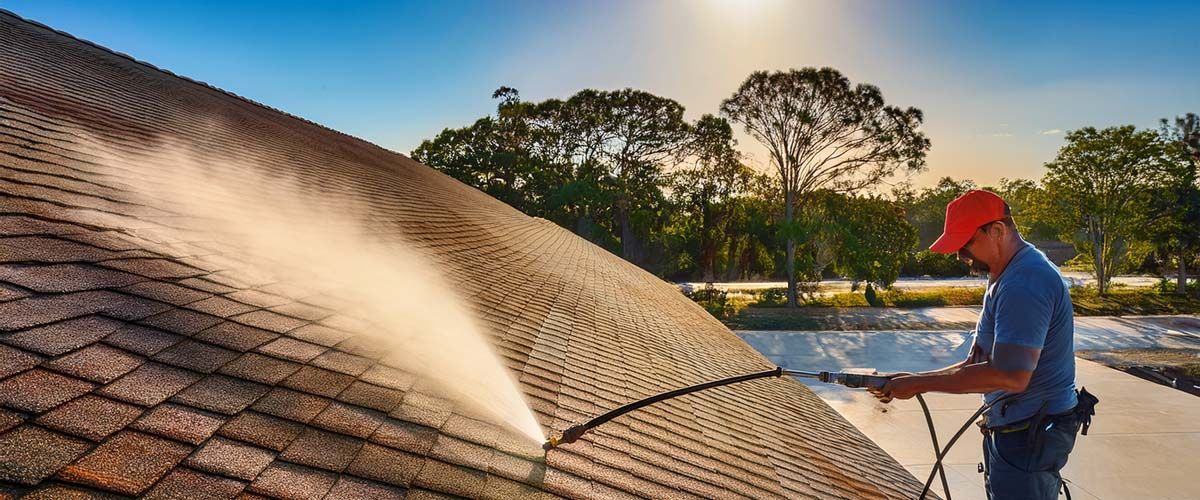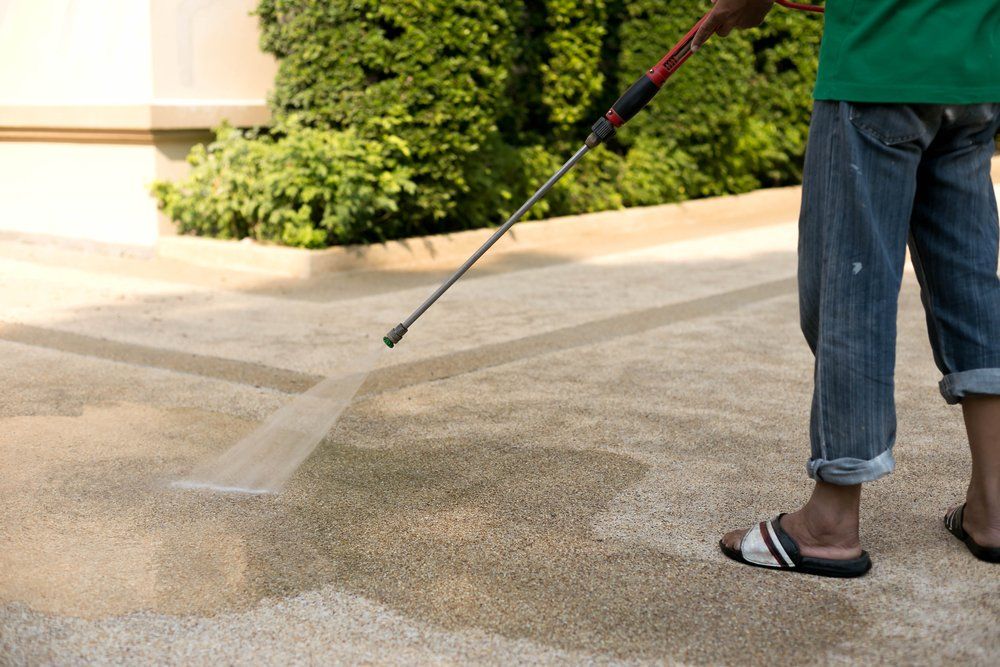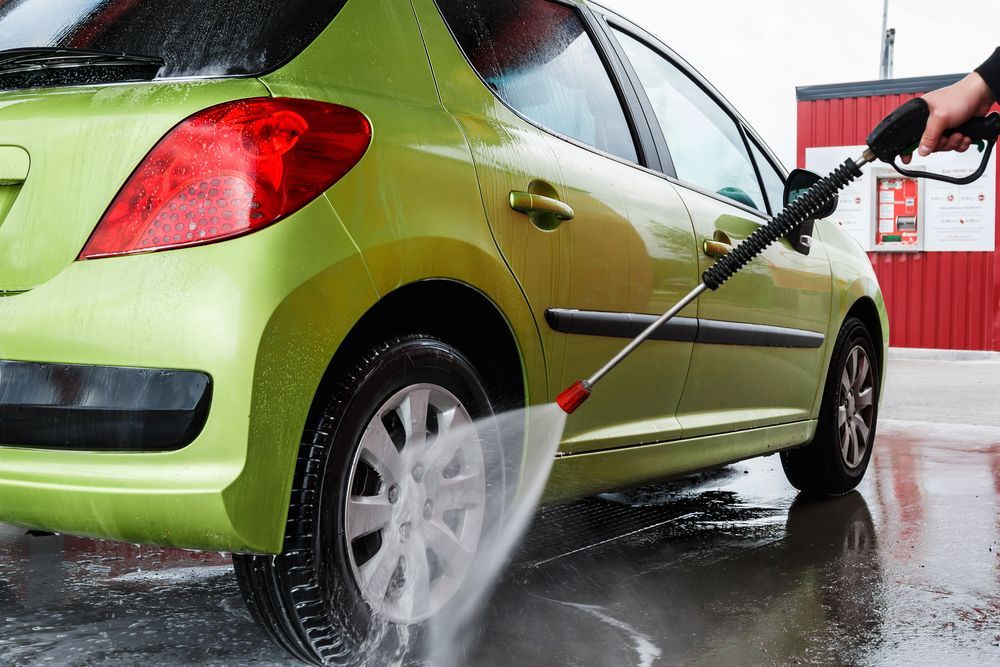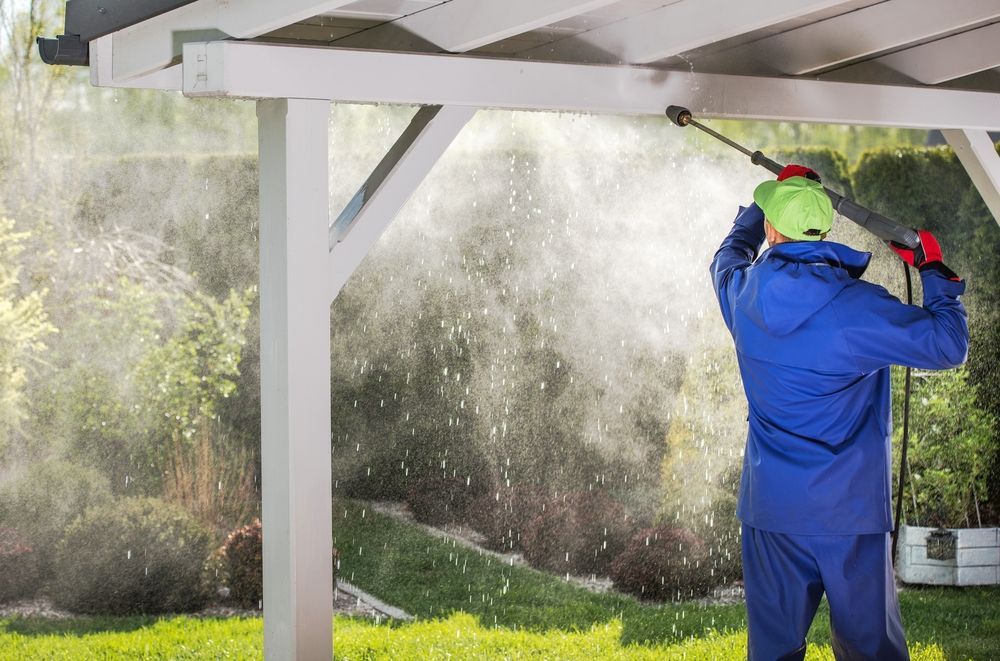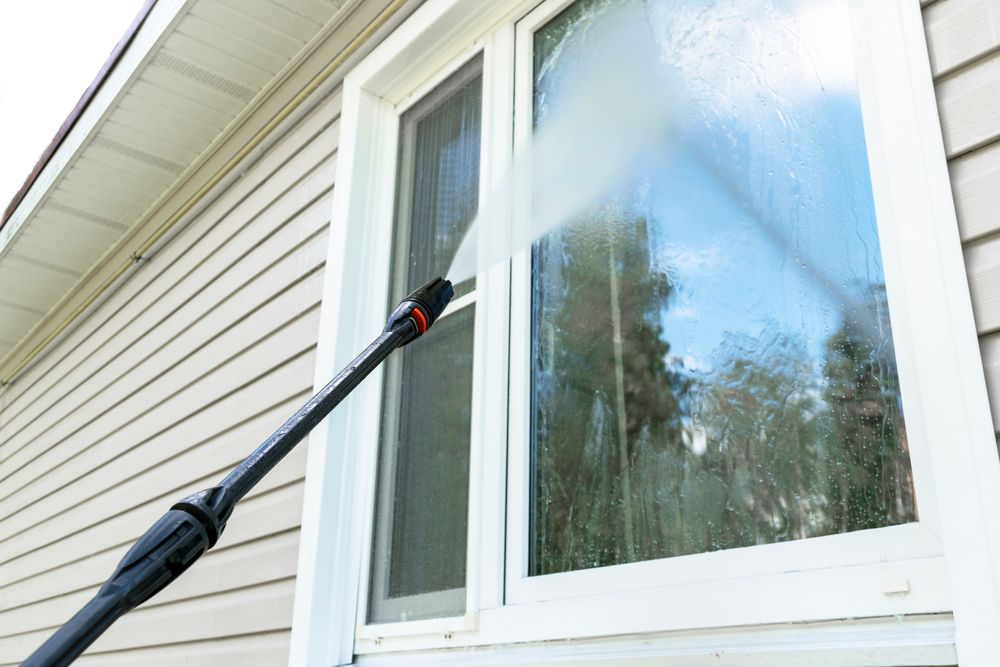Can I Power Wash My Roof My Self?
Can I Power Wash My Roof Myself? What Every Florida Homeowner Should Know
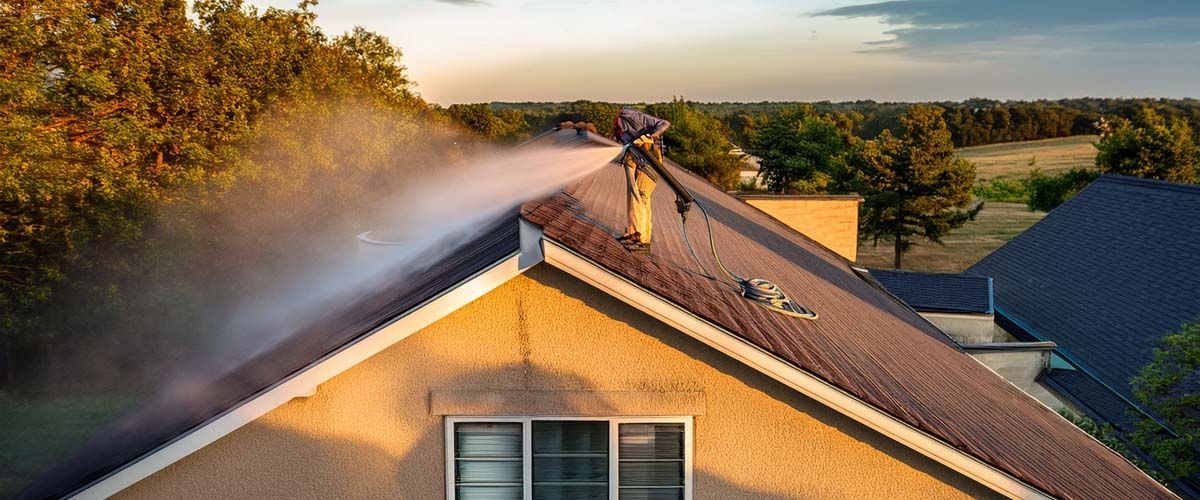
If you’ve ever looked up at your roof and noticed black streaks, moss patches, or a general dingy appearance, you’ve probably asked yourself: **“Can I power wash my roof myself?”** It’s a fair question—especially in Florida, where humidity, tree cover, and salty air create the perfect storm for roof grime. But before you grab that pressure washer, there are a few things you need to know.
Let’s break down the risks, alternatives, and best practices so you can make an informed decision—and protect your home in the process.
Why Roofs Get So Dirty in Florida
Florida’s subtropical climate is a breeding ground for organic growth. Common culprits include:
- Algae (especially Gloeocapsa magma), which causes black streaks
- Moss and lichen, which trap moisture and degrade shingles
- Tree sap and leaf debris, especially in shaded areas
- Salt residue, if you live near the coast
- Bird droppings and pollen, which stain and corrode over time
This buildup isn’t just unsightly—it can shorten your roof’s lifespan, reduce energy efficiency, and even void your warranty if not properly addressed.
The Danger of DIY Roof Power Washing
Here’s the hard truth: **traditional power washing is not safe for most roofs**. High-pressure water (2,000+ PSI) can cause serious damage, especially to asphalt shingles. You might think, “I’ll just be careful,” but even a slight misstep can lead to:
- Stripped granules (which protect shingles from UV rays)
- Lifted or loosened shingles
- Water intrusion under the roof deck
- Damaged flashing, seals, and vent boots
- Voided manufacturer warranties
Even tile and metal roofs aren’t immune—aggressive pressure can crack tiles or dent panels, leading to costly repairs.
Soft Washing: The Safer Alternative
If you’re wondering, “How do I safely power wash my roof?”—the answer is **soft washing**. This method uses low-pressure water (under 500 PSI) combined with biodegradable cleaning solutions to gently remove stains, algae, and mold.
Benefits of soft washing:
- Safe for all roof types (shingle, tile, metal, cedar shake)
- Kills organic growth at the root level
- Doesn’t damage protective coatings or materials
- Longer-lasting results compared to surface-only cleaning
Soft washing is the industry-recommended method for roof cleaning in Florida, especially in areas like North Fort Myers where tree cover and humidity accelerate buildup.
Can I Soft Wash My Roof Myself?
Technically, yes—but it’s not as simple as grabbing a garden sprayer. DIY soft washing requires:
- Specialized low-pressure equipment
- Knowledge of roof-safe cleaning solutions
- Proper safety gear (harnesses, ladders, non-slip footwear)
- Understanding of roof pitch and drainage
Improper mixing of chemicals or poor technique can lead to runoff damage, plant death, or even personal injury. That’s why many homeowners opt to hire professionals who are trained, insured, and equipped for the job.
When to Call a Pro
If your roof is:
- Steep or multi-level
- Covered in heavy moss or algae
- Under warranty
- Made of delicate materials (e.g., cedar shake or clay tile)
…it’s best to leave the cleaning to certified roof washing specialists. They’ll assess the condition, apply the right treatment, and ensure your roof is cleaned safely and effectively.
How Often Should I Clean My Roof?
In Florida, most roofs benefit from soft washing every **2–3 years**, depending on tree coverage, humidity, and proximity to the coast. Homes in shaded or wooded areas may need annual cleaning to prevent buildup and preserve roof integrity.
Final Thoughts: Think Before You Power Wash Your Roof
So, can you power wash your roof yourself? Technically, yes—but **you shouldn’t**. High-pressure washing is risky, and soft washing requires expertise. If you’re serious about protecting your home, boosting curb appeal, and avoiding costly damage, professional soft washing is the way to go.
Whether you're writing content for a pressure washing business or educating Florida homeowners through blog posts, this guide delivers practical, SEO-rich insights that answer a common question with clarity and confidence.
